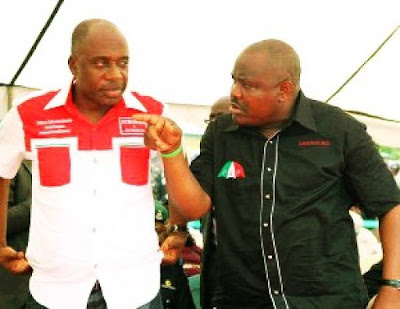By
Arthur Agwuncha Nwankwo
One of the major backdrops upon which the Buhari administration came to power was the promise to defeat or rather crush Boko Haram within the first three months of APC’s government. There is no doubt that the Boko Haram insurgency group has been at war with theNigerian State Nigeria Nigerian
State
One of the major backdrops upon which the Buhari administration came to power was the promise to defeat or rather crush Boko Haram within the first three months of APC’s government. There is no doubt that the Boko Haram insurgency group has been at war with the
It was for this reason that the group initiated its
earth-scorch policy of annihilating anything in its path to achieving this
goal. The result has been the massive destruction of lives and property and
crippling of the economy of the core north. The government of former President
Jonathan was perceived to have been timid and clueless in containing the
scourge of the insurgent group and in the run-in to the 2015 general elections
in Nigeria































